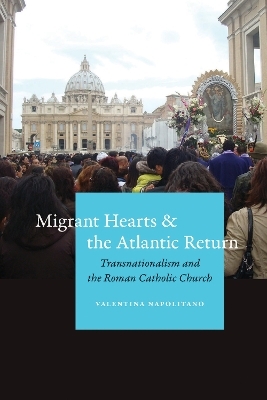
Fugitive Rousseau
Slavery, Primitivism, and Political Freedom
Seiten
2016
Fordham University Press (Verlag)
978-0-8232-6747-7 (ISBN)
Fordham University Press (Verlag)
978-0-8232-6747-7 (ISBN)
- Titel z.Zt. nicht lieferbar
- Versandkostenfrei innerhalb Deutschlands
- Auch auf Rechnung
- Verfügbarkeit in der Filiale vor Ort prüfen
- Artikel merken
Fugitive Rousseau explores slavery and primitivism in Rousseau’s political writings by contextualizing them in modern European empire and Roman imperial philosophy. Fugitive Rousseau argues against seeing Rousseau as either a nativist or cosmopolitan, either communitarian or liberal, and instead reconstructs a radical conception of freedom based in fugitive political resistance.
Critics have claimed that Jean-Jacques Rousseau was a primitivist uncritically preoccupied with “noble savages” and that he remained oblivious to the African slave trade. Fugitive Rousseau presents the emancipatory possibilities of Rousseau’s thought and argues that a fresh, “fugitive” perspective on political freedom is bound up with Rousseau’s treatments of primitivism and slavery.
Rather than trace Rousseau’s arguments primarily to the social contract tradition of Hobbes and Locke, Fugitive Rousseau places Rousseau squarely in two imperial contexts: European empire in his contemporary Atlantic world and Roman imperial philosophy. Anyone who aims to understand the implications of Rousseau’s famous sentence “Man is born free, and everywhere he is in chains” or wants to know how Rousseauian arguments can support a radical democratic politics of diversity, discontinuity, and exodus will find Fugitive Rousseau indispensable.
Critics have claimed that Jean-Jacques Rousseau was a primitivist uncritically preoccupied with “noble savages” and that he remained oblivious to the African slave trade. Fugitive Rousseau presents the emancipatory possibilities of Rousseau’s thought and argues that a fresh, “fugitive” perspective on political freedom is bound up with Rousseau’s treatments of primitivism and slavery.
Rather than trace Rousseau’s arguments primarily to the social contract tradition of Hobbes and Locke, Fugitive Rousseau places Rousseau squarely in two imperial contexts: European empire in his contemporary Atlantic world and Roman imperial philosophy. Anyone who aims to understand the implications of Rousseau’s famous sentence “Man is born free, and everywhere he is in chains” or wants to know how Rousseauian arguments can support a radical democratic politics of diversity, discontinuity, and exodus will find Fugitive Rousseau indispensable.
Jimmy Casas Klausen holds an appointment at the Instituto de Relações Internacionais of the Pontifícia Universidade Católica do Rio de Janeiro. He is co-editor with James Martel of How Not to Be Governed. His articles have appeared in American Political Science Review, Polity, Political Theory, and Journal of Politics.
List of Illustrations List of Abbreviations Acknowledgments Introduction I Slavery 1. Displacements 2... and Condensations II Freedom? 3. Cosmopolitanism 4. Nativism 5. Fugitive Freedom Afterword Notes Index
| Erscheint lt. Verlag | 1.2.2016 |
|---|---|
| Reihe/Serie | Just Ideas |
| Verlagsort | New York |
| Sprache | englisch |
| Maße | 152 x 229 mm |
| Themenwelt | Geisteswissenschaften ► Philosophie ► Geschichte der Philosophie |
| Geisteswissenschaften ► Philosophie ► Philosophie der Neuzeit | |
| Geisteswissenschaften ► Religion / Theologie | |
| Sozialwissenschaften ► Politik / Verwaltung ► Politische Theorie | |
| Sozialwissenschaften ► Soziologie ► Spezielle Soziologien | |
| ISBN-10 | 0-8232-6747-4 / 0823267474 |
| ISBN-13 | 978-0-8232-6747-7 / 9780823267477 |
| Zustand | Neuware |
| Haben Sie eine Frage zum Produkt? |
Mehr entdecken
aus dem Bereich
aus dem Bereich
die kolonialen Wurzeln der französischen Theorie
Buch | Hardcover (2024)
Matthes & Seitz Berlin (Verlag)
28,00 €
Auf dem Weg zu einer Kultur der Bewusstheit | Mit mehr als 500 …
Buch | Hardcover (2023)
Berlin Verlag
48,00 €


